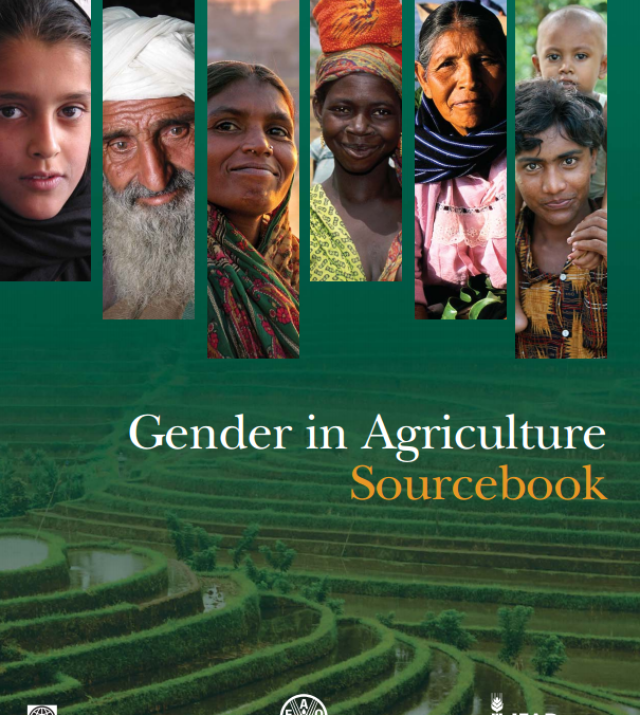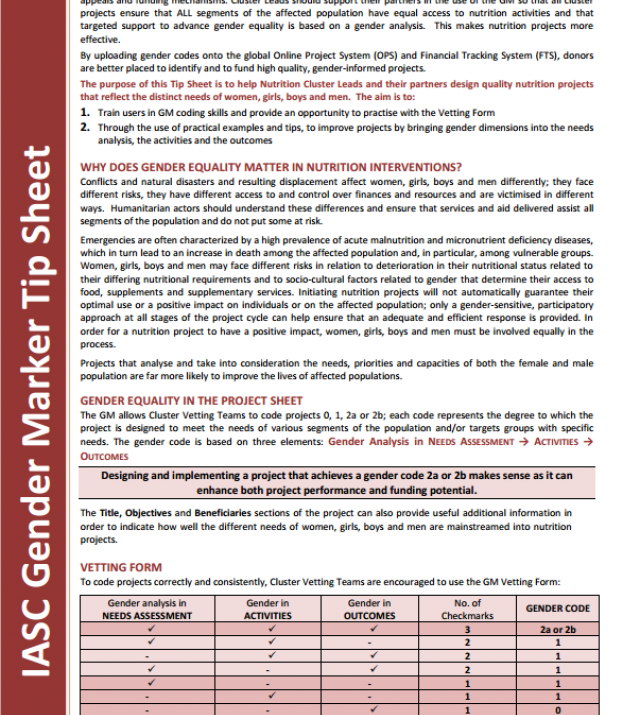
Gender and Governance in Rural Services - Insights from India, Ghana, and Ethiopia

Three out of four poor people in the developing world live in rural areas, and most of them depend—directly or indirectly—on agriculture for their livelihoods. Providing economic services, such as agricultural extension, is essential to using agriculture for development. At the same time, the rural poor need a range of basic services, such as drinking water, education, and health services. Such services are difficult to provide in rural areas because they are subject to the “triple challenge” of market, state, and community failure.
This report presents the major descriptive findings from the quantitative and qualitative research conducted in the three countries, India, Ghana, and Ethiopia. It identifies major patterns of accountability routes and assesses their gender dimension. Because the report is exploratory, the policy implications derived from it have been formulated in a cautious way. The results should nevertheless be of interest to a wide audience interested in agricultural and rural service provision, including researchers, members of the public administration, policy makers, and staff from NGOs and international development agencies involved in the design and management of reform efforts, projects, and programs dealing with rural service provision.

